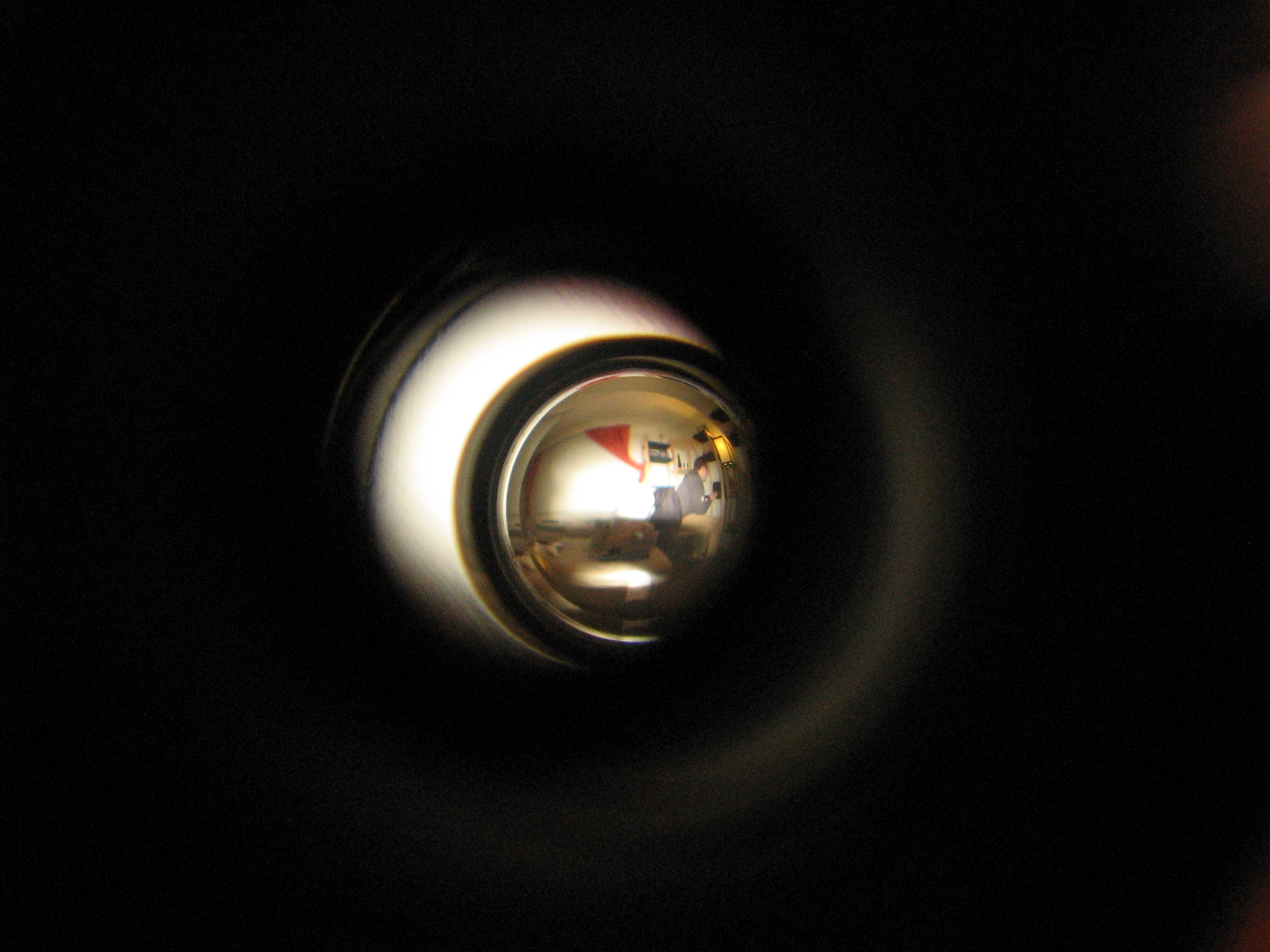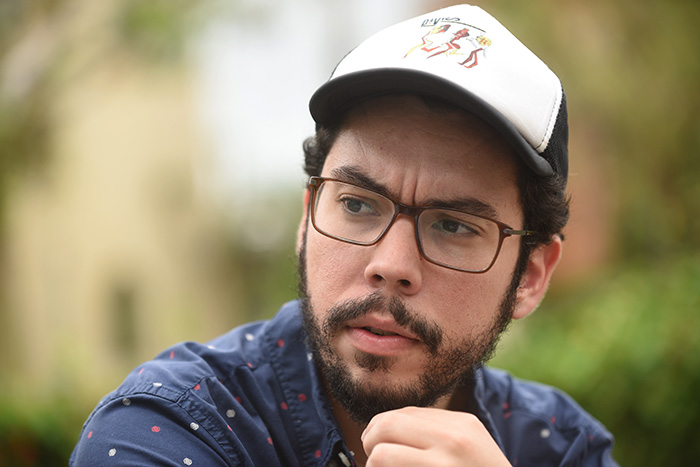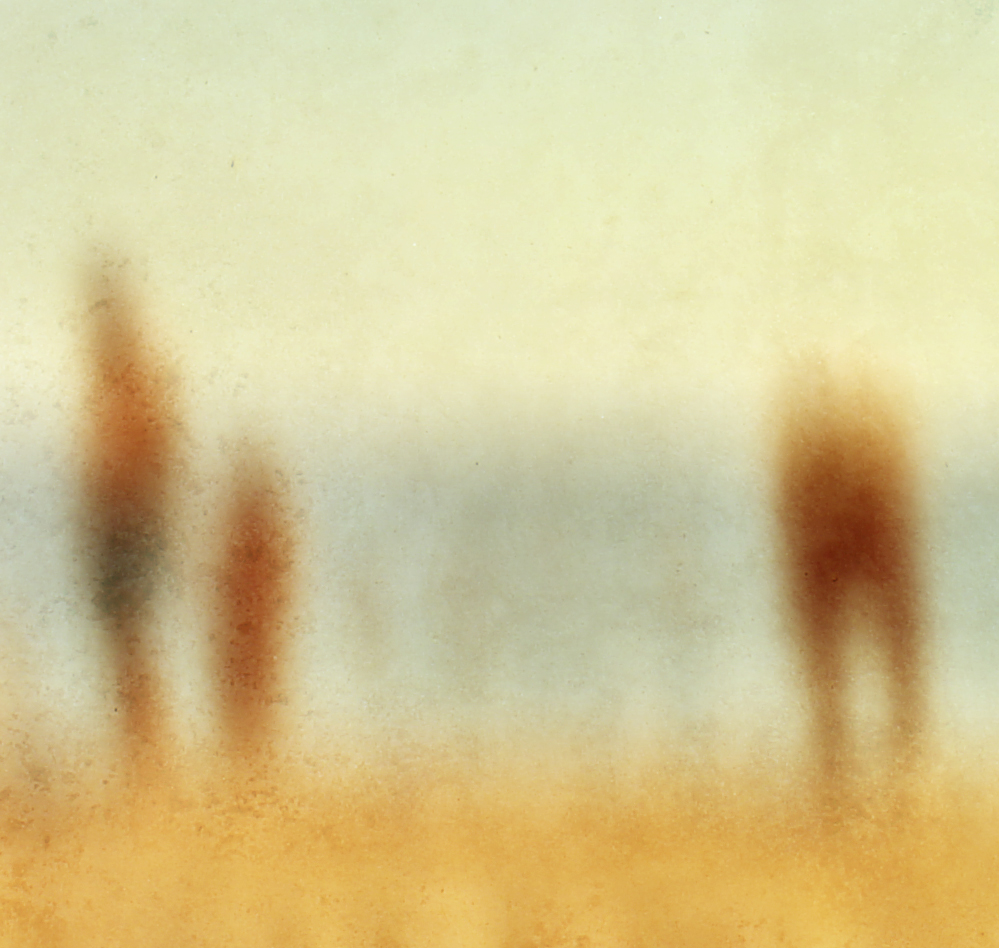Translated by AURORA LAUZARDO UGARTE
The hole is behind the headboard. We opened it some time ago. I couldn’t say exactly when we became aware of the weariness lurking around us, maybe eight years ago. It lasted for hours, sometimes for days. Then it disappeared. During those anxious periods, we didn’t know what to do. It’s a horrible feeling. You can’t stand being with that person any longer. It’s not boredom in the strict sense of the word. Intolerance, perhaps. Everything annoys you. The way they click their tongue, the unexpected smile, the wrong word said at the wrong time, the obsequious caress. Even the things that you thought were funny before seem unbearable now. It may be the cumulative effect, a friend said. A sort of allergy—you stuff yourself on your favorite food until one day your body says: Enough! You break out in red spots, itching and sweating, which only makes it worse. Just like that. Too much of a good thing, I say. One day we looked at each other and we couldn’t take it anymore—I was fed up with him, and he with me—and we searched for a solution.









